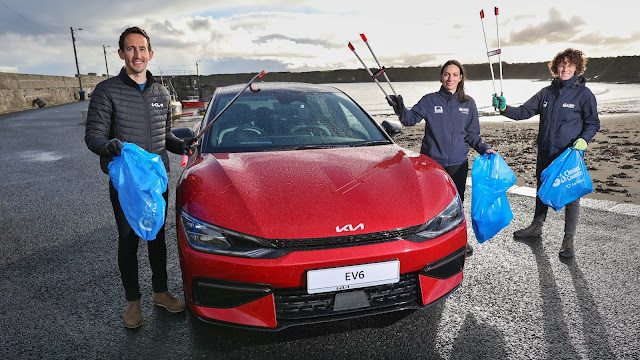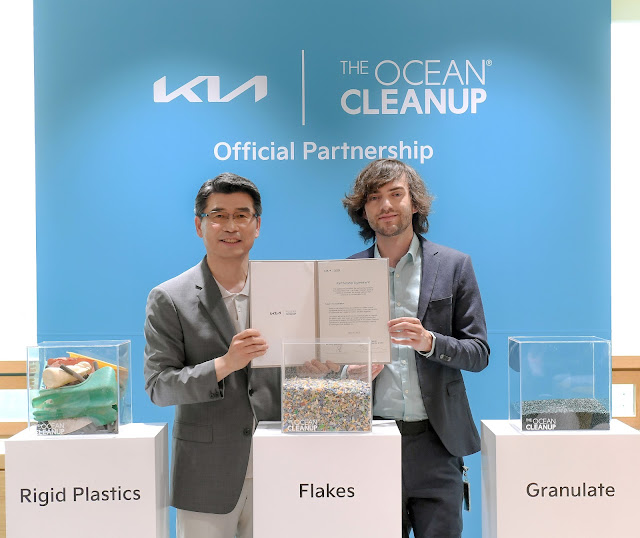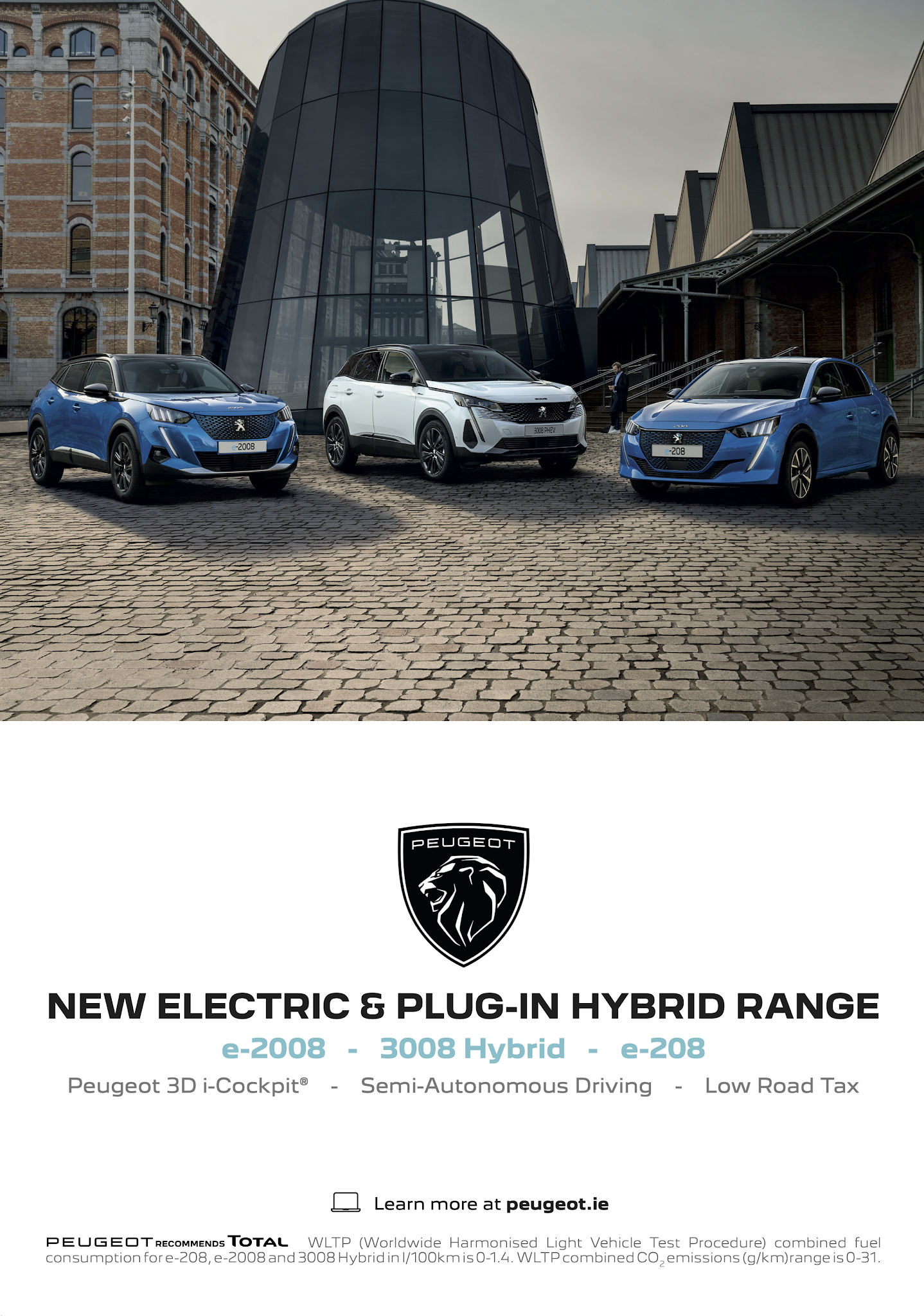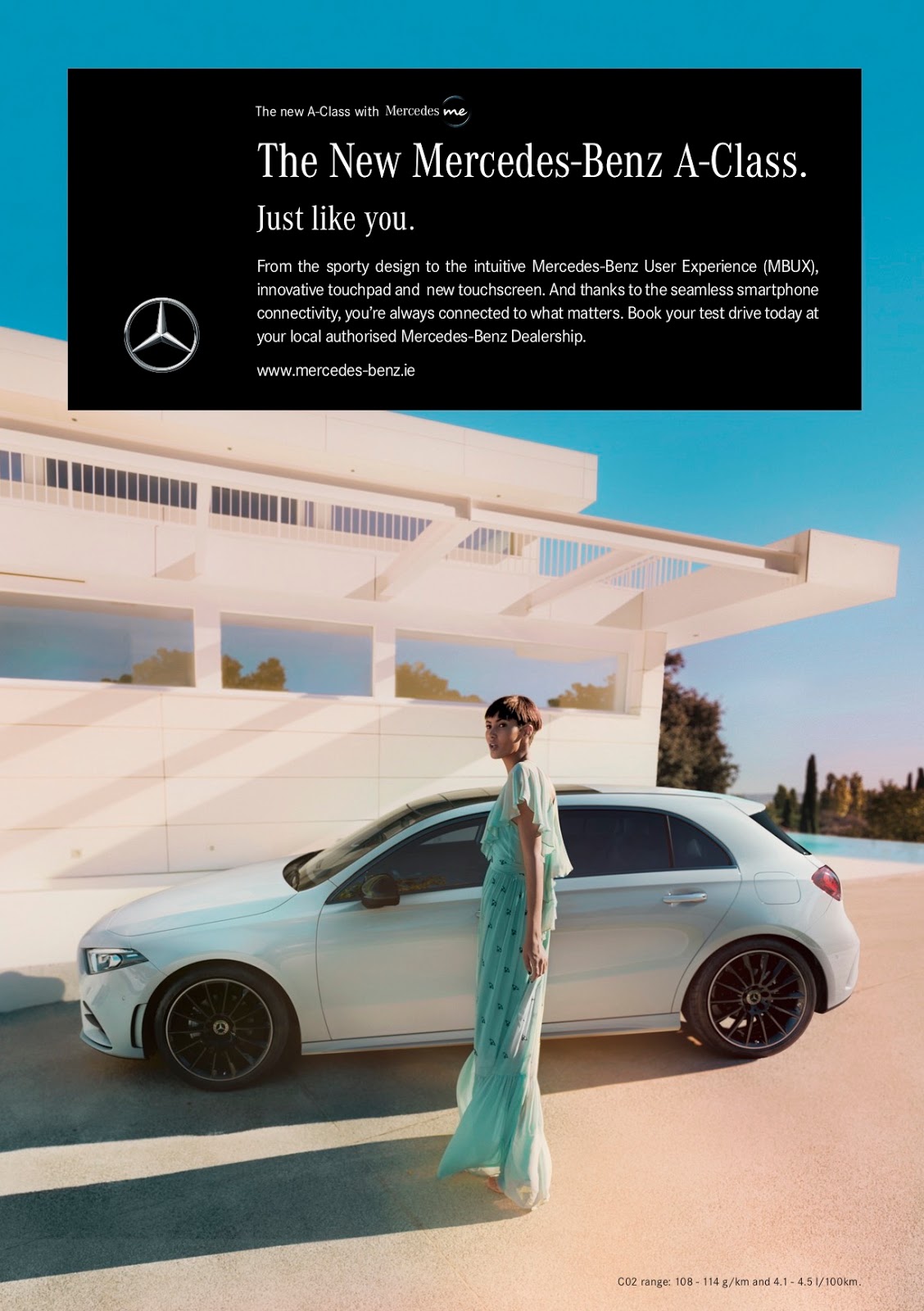Kia Ireland will return as the official sponsor of the Big Beach Clean 2025, which takes place from 19th to 21st September across Ireland, writes Brian Byrne. Last year, over 95 tonnes of litter were removed from Irish beaches and waterways by more than 15,000 volunteers involved in over 600 organised clean-ups.
Registrations are now open for this year’s event, which is hoped to be even larger. Kia is encouraging as many people as possible to sign up for their local beach clean at cleancoasts.org.
The Big Beach Clean is part of the International Coastal Cleanup (ICC) and invites volunteers from across Ireland to remove litter from coastal areas and inland waterways following the end of the bathing season. The data collected from this campaign is part of a global citizen science project aimed at raising awareness about marine litter and helping to shape future policies.
Kia places sustainability at the centre of their business strategy with a long-term goal of achieving Carbon Neutrality by 2045. As part of this initiative, Kia is committed to using recycled materials in vehicle production, including recycled ocean waste. The plastic recovered from these operations is currently recycled and upcycled for use in the production of Kia EVs, and by 2030, 20% of all Kia vehicle plastics will originate from recycled materials.






.jpg)


























